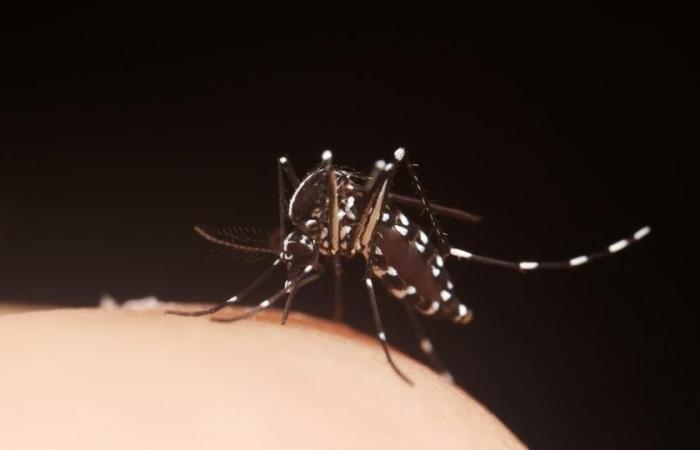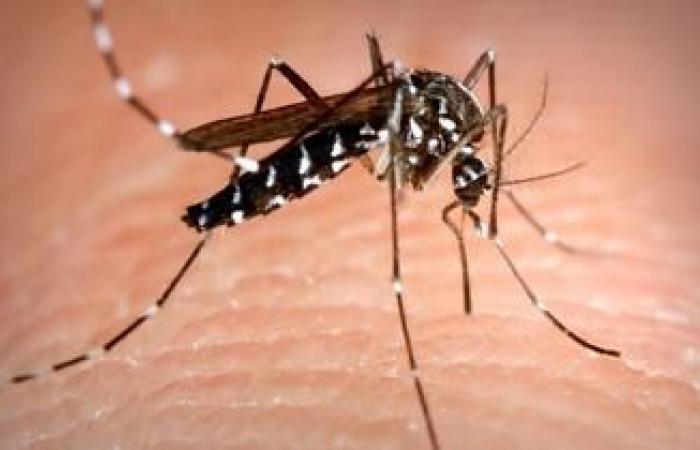The prefect of Guadeloupe issued, on the evening of Thursday, November 14, an official press release placing the archipelago in “epidemic phase for dengue” with a rare serotype which could cause “a high number of cases”.
“The mobilization of all is necessary!” This Thursday, November 14, the Guadeloupe management committee, chaired by the regional prefect, recorded “the transition to the epidemic phase for dengue fever”, specified a joint press release from the prefecture, the association of mayors of archipelago and the Regional Health Agency of Guadeloupe and the Northern Islands.
The authorities have launched “a call for the mobilization of all actors involved” in the fight “to try to minimize the impact of this disease” in the weeks to come. Indeed, since the beginning of the year, DENV3, “a serotype of the dengue virus which has circulated little over the last twenty years”, has caused the authorities to fear “risks of serious form” and “a high number of cases » if “resolute control or prevention actions are not implemented”, warned the press release.
The alarming number of weekly clinical cases
The seasonal threshold for clinical cases, which is normally 80 weekly cases, has been largely exceeded. At the end of October, it was estimated at 540 in community medicine. Which is more than double than in September. In addition, between the end of September and mid-October, among 62 samples analyzed, “97% are DENV3”, according to the latest bulletin from Public Health France (SPF).
At the hospital, SPF noted in October “an average of 40 weekly visits to the emergency room for suspected dengue fever, compared to 25 in September”.
The joint statement from the authorities recalled that it was “essential” to fight against stagnant water, which allows the larvae of the disease vector, the mosquito, to develop. These stagnant waters are often “located around or in homes” and may have been “fed by recent heavy rains”, underlines the press release.
Protect yourself against the tiger mosquito
The authorities recommended “wearing loose, covering clothing”, the use of “an approved repellent product” and the use of pre-impregnated mosquito nets.
The territory is facing the emergence of a new type of mosquito “highly competent to transmit all arboviruses (Dengue, Chikungunya, Zyka)”, according to a press release published at the end of last October by the Community and the Health Agency.
These larvae of Aedes Albopictus, more commonly known as “tiger mosquito”, were spotted for the first time in the Lorient district, in Saint-Barthélémy, in the north of Guadeloupe.
Dengue fever, which can cause high fever, body aches and fatigue, is a potentially fatal infectious disease.







